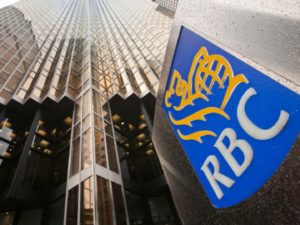
RBC Capital Markets LLC a securities broker dealer headquartered in New York New York has been fined and censured by Financial Industry Regulatory Authority (FINRA) founded on findings that RBC failed to supervise stockbrokers’ recommendations of securities that were held in customers’ 529 plans. Letter of Acceptance Waiver and Consent No. 2016047696701 (Dec. 15, 2020).
According to the AWC, between January 1, 2008 and July 21, 2016, RBC was the broker for at least 30 529 plans which collectively held $930,000,000.00 in RBC customer assets. The AWC stated that throughout this period, procedures and systems used by RBC were insufficient as it pertained to supervising the recommendations of share classes for customers’ accounts.
FINRA revealed that there was no reasonable guidance provided to RBC stockbrokers concerning how to consider the differences in share classes when making investment recommendations. Until 2012, the securities broker dealer did not have any procedures for supervisors to use to ensure that share class recommendations were appropriate. Once procedures were put in place, supervisory personnel were still not told to take into account each 529 beneficiary’s age and the amount of years before withdrawals were expected. The AWC noted that these two factors were critical for assessing suitability of 529 share class recommendations.
RBC also neglected to ensure that supervisors had information that was necessary for reviewing stockbrokers’ share class recommendations for suitability. The securities broker dealer had a system which was meant to both produce reports and uncover possibly unsuitable recommendations. Supervisors received reports which omitted information relating to each beneficiary’s age and the period of time in which the assets were expected to remain in each account. The only thing that the report noted was a transaction exceeding $100.00 in the period of review.
FINRA noted that a typical person who invested $10,000.00 in Class C shares for 18 years would pay more than $1,300.00 in expenses or fees than if they purchased and held Class A shares during that period. The regulator pointed out that Class A shares were typically the more appropriate option for accounts containing younger beneficiaries and longer investment horizons.
FINRA found that RBC’s conduct violatived of MSRB Rule G-27(a), (b) and (c).








